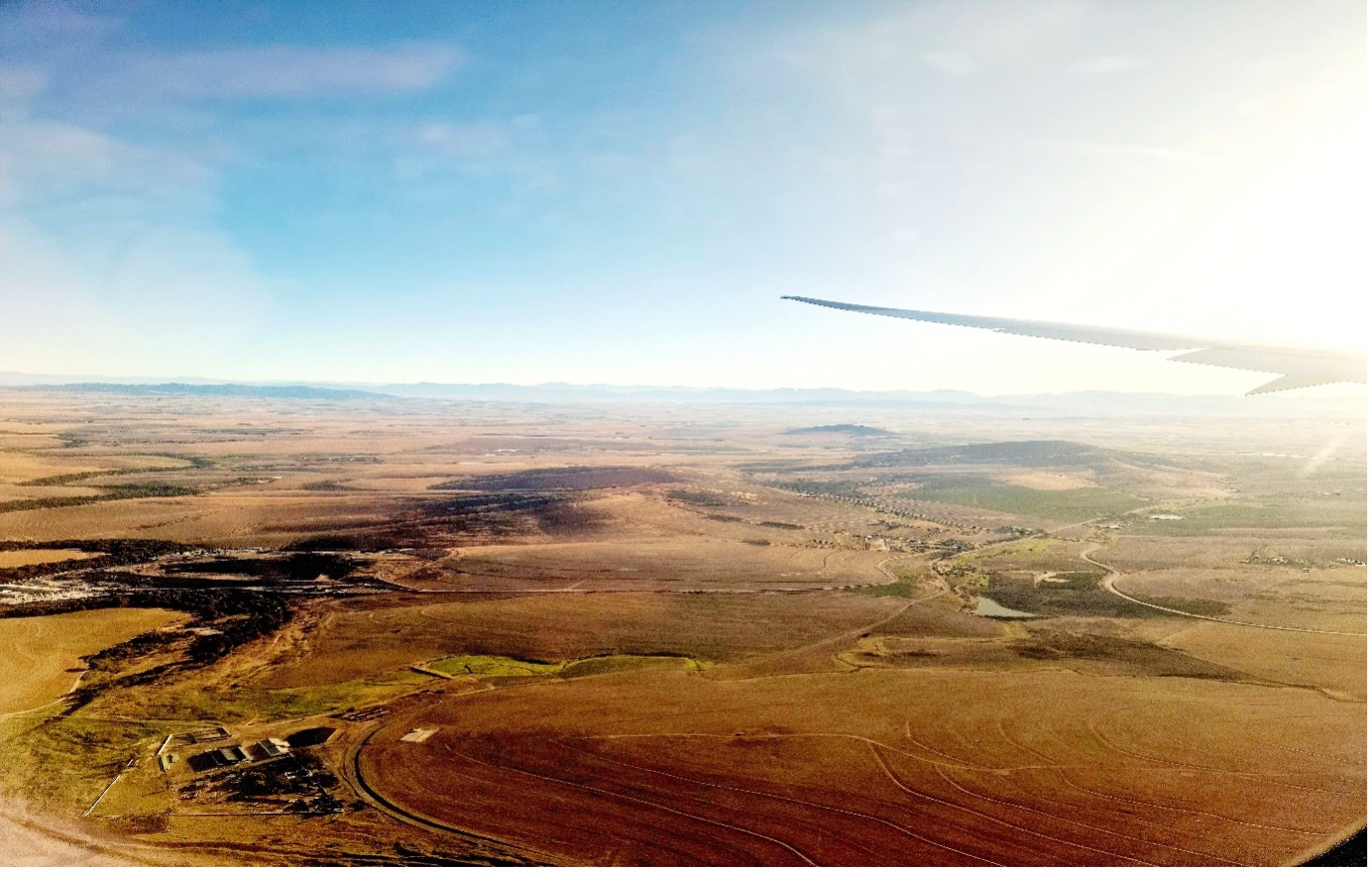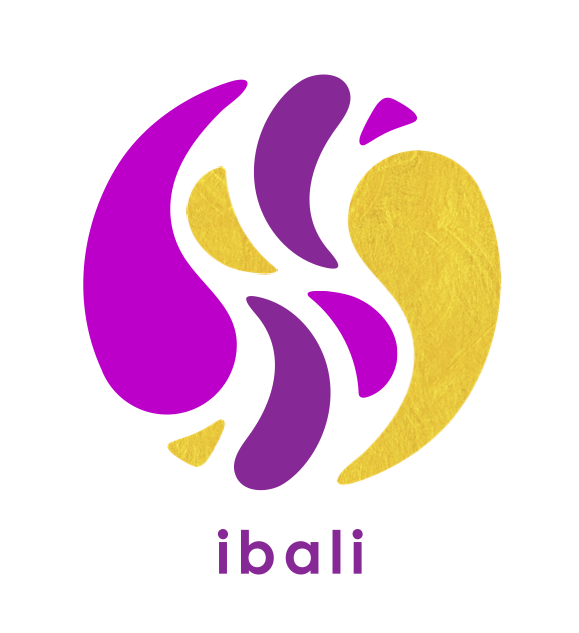You are here
- Home
- Research
- Networks
- Ibali
- Blogs
- On ethically inclusive international research: whose values, whose standards?
On ethically inclusive international research: whose values, whose standards?
3 April 2023
by Jennifer Jomafuvwe Agbaire

Ethical reviews for research involving human participants are instituted for good reason. A review is an important process to check that proposed research does not violate the dignity, rights and welfare of the participants. It protects researchers too; a well-structured review formally gives researchers opportunity and support to reflect deeply and respond robustly to the ethical dimensions and implications of their research proposal. Through the process, researchers demonstrate that they would adhere to the ethical standards acceptable for doing such research. It is probably impossible to ever guarantee adherence or even protection fully … but here lie multiple questions that I have grappled with through the different stages of our AHRC-funded Ibali project.
In an international project involving different countries, who should define the ‘acceptable’ ethical standards? And where there are neither structures nor a mandatory requirement for an in-country ethical review of international research in a country, how might adherence be determined? Can we solely rely on ‘universal’ ethical principles, and/or the expertise of ethical review committees external to the context? Well, should we? Might the protection of participants and researchers become less guaranteed in such a situation? In the absence of an in-country process, what implications are there for well-meaning researchers (and perhaps, external reviewers) who are committed to researching ethically and inclusively?
On one level, these questions embed a deep concern for appropriacy of standards to context, as probably distinct from acceptability. On another level, they feed into ongoing debates around academic capitalism, the politics of knowledge production in the global economy and the implications for previously colonised contexts.
Ibali is a complex project because of its multiple layers and the extensive safeguarding requirements of our adapted storytelling approach. This complexity is further highlighted by elements such as the different categories of participants (young people and teachers), different countries (Nigeria, South Africa and the UK), and an interdisciplinary team of women from different backgrounds. The project is both methodologically and substantively focused on exploring the meaning of inclusion. It is founded on the values of respect and care. A critical and transparent look at ethics is therefore central to how we work.
Elsewhere, I have contributed to a symposium on decolonising research ethics in which I argue for the valuing of endogenous, context-based understandings and origins of ethics. I have also increasingly worked in several global-south countries such as Kenya and Uganda where an in-country ethical review is mandatory for all research in the context. So, it immediately stood out to me that of the three Ibali research contexts, Nigeria did not appear to ‘follow this trend’. Perhaps this consciousness also comes from my identity as a Nigerian and a former academic in a Nigerian university.
In addressing the ethical dimensions of doing Ibali, we first worked with the Open University’s Human Research Ethics Committee (OU-HREC) in the UK. The OU is the grant holder and project Lead. It is institutionally required that we obtain their ethical approval before fieldwork – the OU-HREC has oversight for the overall project and specifically for the UK phase. In the entire review process, the OU-HREC was exceptional in their attention to detail – and this is not just because their standard application form is twelve pages long! We felt particularly fortunate to have access to the impressive blend of meticulousness, honesty, encouragement, flexibility and goodwill that the OU-HREC demonstrated. This is not commonplace experience for researchers in every university, both in the UK and elsewhere.
Because of the complex nature of Ibali, the OU-HREC helpfully suggested that we applied for their approvals in stages corresponding to planned activities and timelines for the three countries. So, ethical review and approval were iterative. This provided space to consider reflections and lessons from previous stages that might be relevant to build into preparation for the next stage. I consider this innovative. It is an authentically thoughtful, respectful, and supportive way for a UK-based institution approach ethical review for an international project such as this. It notably differs from some processes in my experience where ethics review is often only a ‘tick-box’ activity, with little or no opportunity for learning and innovation.
We obtained approval for the UK phase from the OU-HREC and subsequently for the South Africa phase subject to an in-country approval. Yes, all research projects that involve human participants in South Africa are also required to undergo ethics evaluation from a constituted research ethics committee registered with the National Health Research Ethics Council. To meet this national requirement, Ibali must go through another ethical review process in the country. So, we sent off the project proposal for review to the General/Human Research Ethics Committee [GHRC] at the University of the Free State – where one of Ibali’s Co-Investigator (Co-I) is based.
The GHRC’s ethical approval was contingent on us obtaining that of the OU-HREC as the Lead institution. Their review was probably expediated because of this previous approval but required and I would say, equally important and perhaps, necessary. It meant additional effort and time but this second review aligned with our commitment to researching inclusively. It further strengthened our confidence that (1) important country-specific dilemmas that may arise have not been overlooked and (2) our ethical procedures responded appropriately to the local context. For example, we were working with a different group of partners and looking to enlist young participants who were living in care, some of whom are refugees. These had significant implications for safeguarding, the appropriate response to which an in-country review could help to further contextualise and strengthen.
We were keen to exercise similar commitments and to experience the same level of confidence in our preparation for Nigeria. We consulted extensively to explore the possibilities. The information from all our Nigeria-based advisors was that no further permissions were mandatory to conduct research such as Ibali. We only required an official letter of invitation or involvement from an in-country partner. We had this letter from our partner in the local area for the Ibali project in Nigeria. Indeed, one of Ibali’s advisors who is a very senior academic in Nigeria has extensive experience of organising qualitative and creative research workshops in Nigeria with an international team. He confirmed that in-country ethical clearance was never required for these projects. We continued to explore possibilities for a Nigerian ethics review, and found two interesting things:
- The Nigerian National Health Research Ethics Committee (NHREC) is the apex body responsible for providing and ensuring adherence to guidelines that govern ethical research practice for the protection of human research participants in Nigeria. However, the NHREC only directly reviews health (mainly medical) research involving either therapeutic or non-therapeutic procedures. All other research activities involving human participants are exempt from NHREC’s direct review and no further ethical clearance is required especially when the research has been approved by any academic research institution. The focus of Ibali falls within one of at least two categories of all the exempted research activities outlined in the National Code of Health Research Ethics.
- Some universities in Nigeria have a robust ethics review committee for all research but many only have department-run committees for medical or health research. Crucially, the university in the local area of the Ibali project in Nigeria, where our partnering advisor is based, does not have a review committee for research in the Arts, Humanities and Social Sciences. Our other advisor, the very senior academic, who is not a formal partner is based in a Nigerian university that does have an ethics committee with a remit for research in these fields. This university is in a widely different region far away from the local area for Ibali and a very different part of the country culturally. However, they would not agree to review Ibali anyway -we explored the possibility and were informed that review was only offered for projects which their university is in full partnership with.
We approach the Nigerian phase of Ibali having obtained the OU-HREC’s approval, and the approval of our Co-I’s institution in South Africa. The OU-HREC has described our approach to ethics in Ibali as fantastically well thought through and transparent. I trust in the process, expertise and the constantly helpful feedback of the OU-HREC. But I equally recognise the requirement of a mandatory in-country ethical review in the UK and South Africa as different from the practice in Nigeria. This raises wider questions around ethical practice more generally, and perhaps not necessarily for the Ibali project specifically. I am nonetheless curious to look out for how both researcher and participant experiences might differ in a context that mandates their own established ethical review process and one that demands none.
I also recognise the risk in assuming that an in-country review for projects in a context like Nigeria would necessarily be a positive, respectful and reassuring step. Among other things, this risk relates to non-recognition of the ethical values of minority groups within previously colonised ‘modern’ nations. The risk arises from the tendency to assume that the values of a nation’s culturally diverse peoples are unified or equitably represented in centralised domains. I consider that to think inclusively and ethically about how to do research is to constantly confront the questions both internally and externally: whose values and whose standards?
I might come back from Ibali in Nigeria, much wiser and perhaps, less troubled…or not! Ah, the excitement and vagaries of doing research in the international development space!
.jpg)
